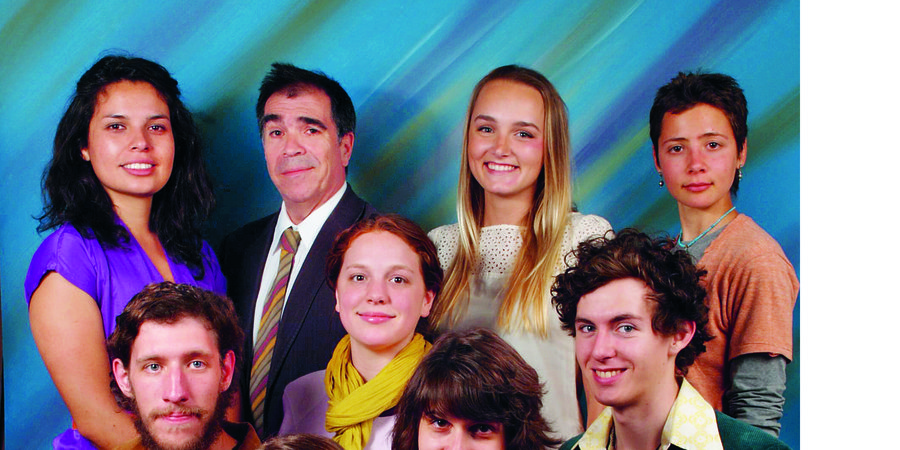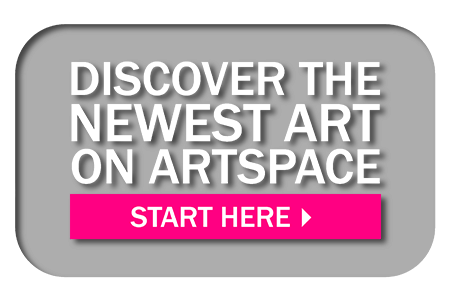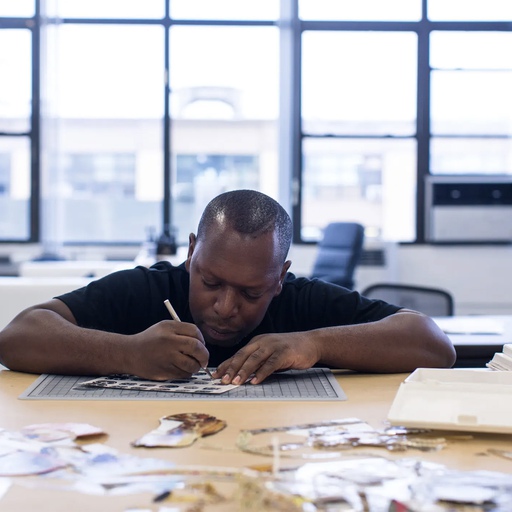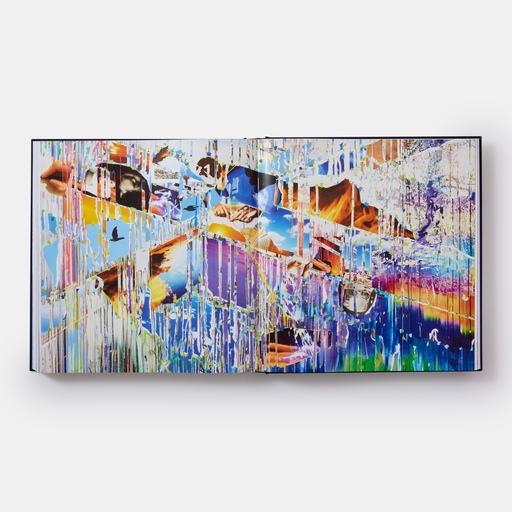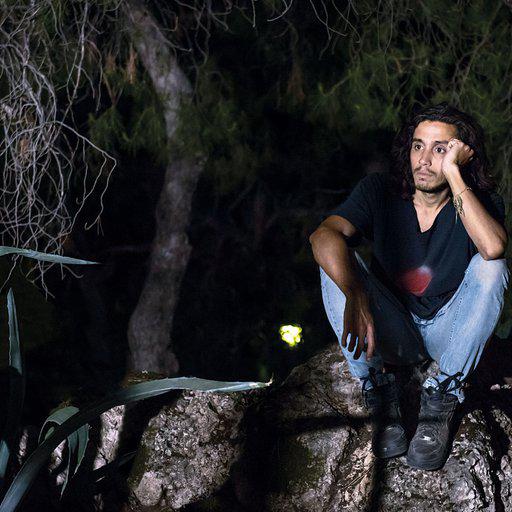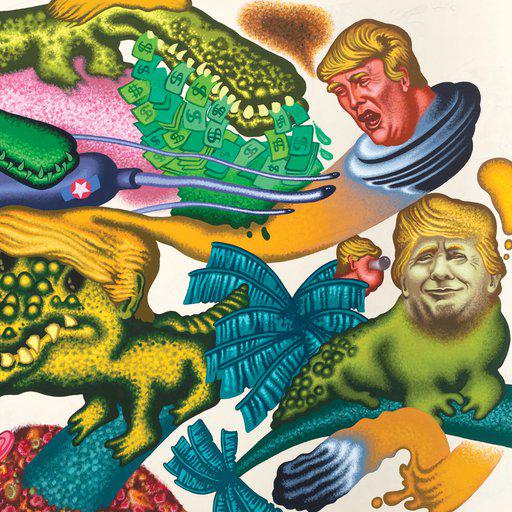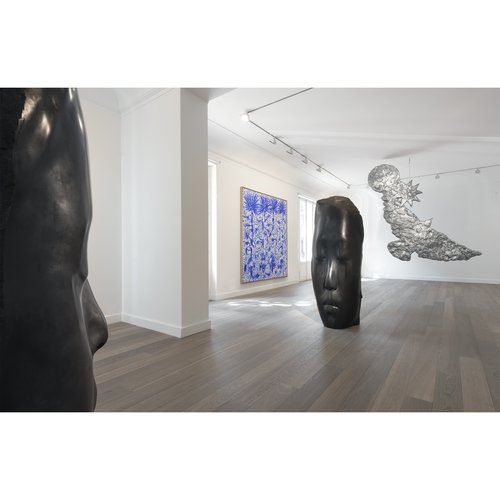So you’ve decided to become a professional artist: congratulations. And good luck—you’re going to need it, along with discipline, social skills, moxie, and, of course, talent. Along with your worn copies of The Artist’s Way and Air Guitar you may also want to have on hand Akademie X: Lessons in Art + Life. Conceived as an “art school without walls,” this just-released Phaidon anthology includes short tutorials by 36 contributors—all of them well-known artists or writers. They have navigated the MFA system, kibitzed with dealers, and faced the terror of the empty studio, and they have a lot of practical wisdom to share (as well as inspirational anecdotes and advice.) Below, we’ve condensed some of their most vital teachings:
CREDENTIALS: Multimedia artist; assistant professor at Columbia University and Virginia Commonwealth University
RELEVANT LIFE EXPERIENCE: “I am NOT a morning person. In grad school, I quickly learned this. Oh, how I admired the painters with their morning coffee and talk radio, painting when the sunlight was best, finishing when it got dark and leaving to meet friends for dinner or have a drink and get home at a reasonable civilized hour…. It took me years to stop berating myself and finally accept my nocturnal self. Creativity is an organic and whimsical entity and it’s essential that every artist decide what works naturally and own it.”
ON ART SCHOOL: “I worked in a few different fields, gained no general life traction, and decided to go to grad school for a formal art education. That was where I began to understand what a studio really was and how I functioned most naturally as an artist.”
ESSENTIAL ADVICE: “True patrons do exist, as do moonbows (look ‘em up.) But until you find one, realize that the fellow artists in your network are already your best and most loyal patrons. You will introduce each other to curators, writers, collectors, and other artists, etc., help each other find studios, residencies, and jobs, assist each other in production and give each other the best critiques you could ask for.”
HOMEWORK: Miles Davis. Dark Magus. CBS-Sony, 1977
CREDENTIALS: Sculptor and installation artist; former clinical associate professor of studio art at New York University
RELEVANT LIFE EXPERIENCE: “Years ago, from 1995-2000, I used to live in an illegal loft building under the Manhattan Bridge.... One loft housed a black-market exotic animal dealer. When he was busted, people claimed to have seen a kangaroo, but all I ever saw, when he once held the front door open for me, was a box full of prairie dogs.”
ON ART SCHOOL: “The format of school dictates a certain rhythm or pace of working. In the same way that in the Law and Order universe a murderer needs to be caught and brought to justice in roughly fifty minutes, artworks need to be completed and critiqued during the semester.”
ESSENTIAL ADVICE: “You probably shouldn’t even get serious about showing your work in a commercial context until you’re close to thirty. Until then, it’s best to observe.”
HOMEWORK: “Fifteen-year old art magazines. Fifteen years is about half of a fashion cycle, so you see artworks in their least flattering light.”
CREDENTIALS: Multimedia artist; professor and chair of the painting and drawing department at the School of the Art Institute of Chicago; one of three curators of the 2014 Whitney Biennial.
RELEVANT LIFE EXPERIENCE: “Growing up in northeastern Wisconsin in the late 1960s and 1970s, my idea of art was mainly handicrafts and outsider art-like pursuits. Painting a landscape on the face of an old hand saw or polishing an extraordinary tree root into an abstract sculpture reflected one’s access to free time, materials, the natural world and tradition.”
ON ART SCHOOL: “Freedoms and certainties come at middle age and at mid-career.”
ESSENTIAL ADVICE: “Lying is more interesting and critical than bullshitting because lying has a relationship to truth. Bullshitting, which runs rampant in the art world, is an exhausting manifestation of insecurity, or conversely, a condition of narcissism. Lying, on the other hand, is directed at something bigger than you.”
HOMEWORK: Grandin, Temple. Animals Make Us Human: Creating the Best Life for Animals. Boston/New York: Houghton Mifflin Harcourt, 2009.
CREDENTIALS: Independent curator; writer of essays and books including Painting Abstraction: New Elements in Abstract Painting and Stephen Shore: American Surfaces.
RELEVANT LIFE EXPERIENCE: “My mentor, rather than my teacher, was Gregory Battcock, who was a very heady combination of a dandy and a Marxist, and in his tailor-made Italian suits a sort of Luchino Visconti of the art world.”
ON ART SCHOOL: “I’ve often made a parallel between an art school and a puppy mill.... Today, there’s a whole generation of students who’ve been well-bred in supposedly good art schools, but who sometimes appear visually impaired. And out in the real world, some don’t last. You can only be a teacher’s pet for so long.”
ESSENTIAL ADVICE: “Don’t worry about whether or not you’re ready to show, or if anyone would even be remotely interested in purchasing your art, and find ways for you and your friends to exhibit. You can invite the directors and vultures from commercial galleries, but you have to remember: if they don’t want to come, you can’t keep them away.”
HOMEWORK: Wire. Change Becomes Us. Pinkflag. 2013
CREDENTIALS: Video and performance artist; professor of studio art at the University of Texas at Austin
RELEVANT LIFE EXPERIENCE: “In a rare moment of clarity, I realized that I was spending more time at my refrigerator than at my desk, and seeing as I was preparing for a show at the Kitchen, I figured why not make the performance site-specific, relocate my refrigerator and make it the central focus of the evening?”
ON ART SCHOOL: “Why is it, after twenty years of teaching at the college level… that I still go through incredible insecurity every time I feel as if I’m being held accountable for what I teach, its value and effectiveness in preparing young artists for life beyond the institution?”
ESSENTIAL ADVICE: “Read emails carefully. A hasty glance may cause unnecessary complications, missed opportunities, or a waste of your energy. I can’t tell you how many times I’ve stopped reading letters that start with ‘I regret to inform you…’ Many of these same letters also offer consolation and hope for the future.”
HOMEWORK: Carnegie, Dale. How to Win Friends and Influence People. New York: Simon and Schuster, 1937.
CHRISTOPHER WILLIAMS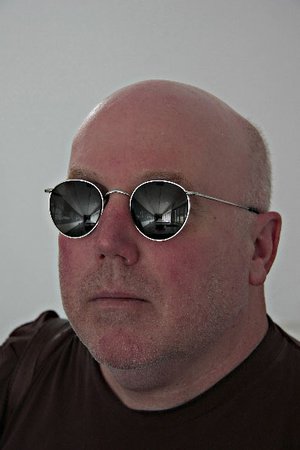
CREDENTIALS: Photographer; professor of photography at the Kunstakademie Düsseldorf
RELEVANT LIFE EXPERIENCE: “I got seriously involved with art after I was kicked out of my art class in junior high school. I’d produced a drawing that my teacher found offensive, and I was put in a detention class for smart kids who were considered delinquent or something. We could choose two topics to study during that time, and we chose music and art.”
ON ART SCHOOL: “CalArts, where I went to school, was very open…. About five weeks into my first year I told one of my teachers that I had yet to receive an assignment. He said that there would be no assignments, because when we got out of school we wouldn’t be fulfilling assignments. We would be working for ourselves, so why not start to work for ourselves now? They considered us artists, not students, and I carried that idea with me when I started teaching in the 1980s.”
ESSENTIAL ADVICE: “1. No Plexiglas. 2. No electricity. 3. No humour. I don’t like to throw rules at people, but if you follow those guidelines you’ll be more likely to produce good art.”
HOMEWORK: Any Buster Keaton film.











